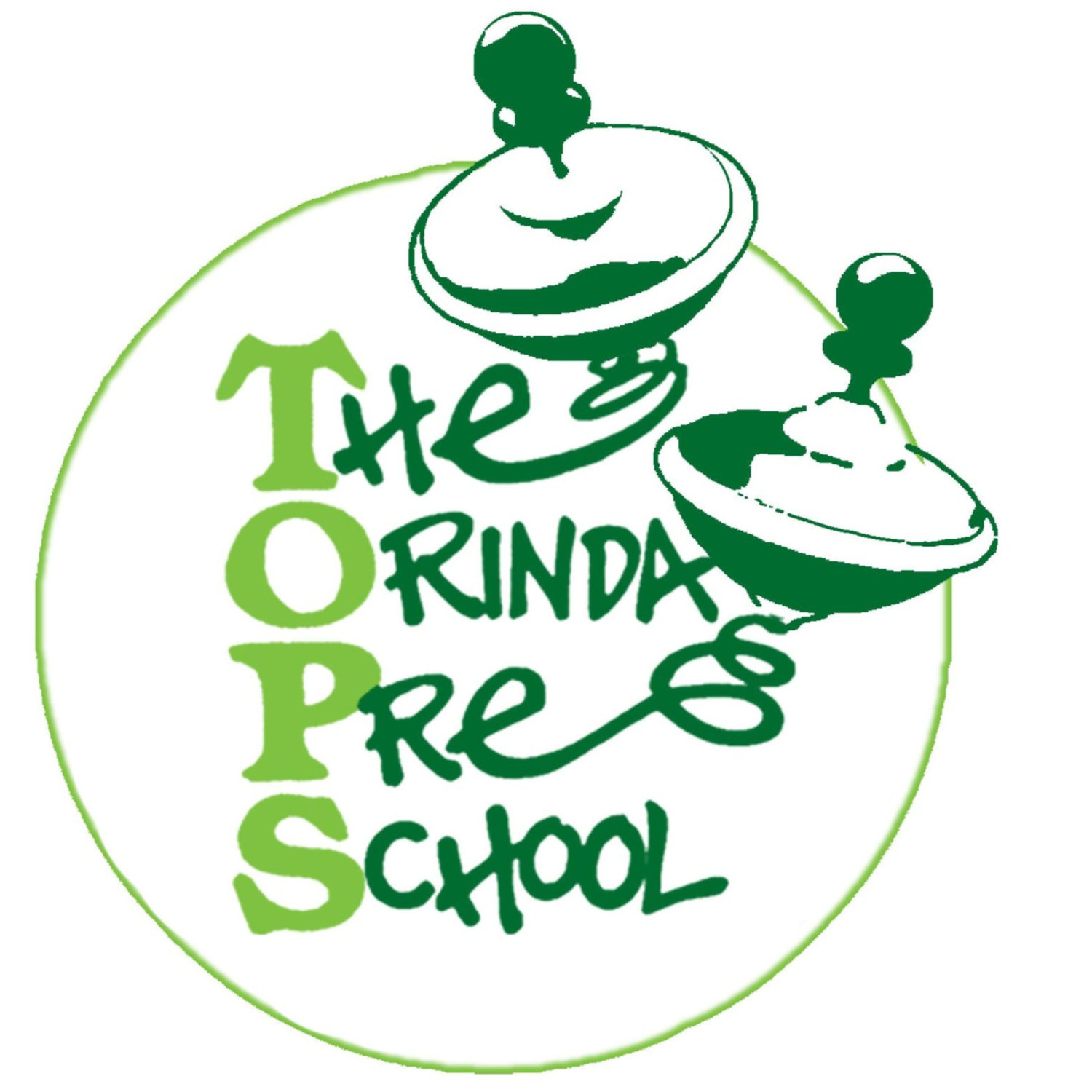Play is the highest form of research.
-Albert Einstein
Play-based education
TOPS believes that learning and play are not separate activities. Play is essential for a child's cognitive, emotional and physical development. We focus on developing the whole child and offer a unique environment for them to blossom.
Learning through play is a term used to describe how children make sense of the world around them. It teaches children how to interact socially with others and how to tackle physical and mental challenges. When children play, they gain self-confidence needed to engage in new experiences and environments.
When children play with BLOCKS they are learning to:
Understand size, weight and number concepts (math and science)
Re-create the world around them (geography and social skills)
Control and coordinate muscles (physical coordination)
When children do puzzles, they learn about spacial awareness
To coordinate the actions of their eyes and hands (reading/writing readiness)
Spacial relationships (math)
To complete a task (study habits and self-esteem)
When children are LISTENING to a story and talk about what is happening, they are learning to:
Love books, remember details, and express ideas (language development)
When children are SORTING they are learning:
To match and classify (math)
When children are DRAWING a picture of a person they are learning:
To use symbols (reading/writing readiness)
When children are SCRIBBLING they are learning:
To use symbols (reading/writing readiness)
When children play DRESS UP they are learning to:
Use their small muscle skills (self-help and writing)
Understand their environment better (abstract thinking)
Group objects in categories: sorting shoes, setting out plates and cups (math)
When children are THROWING and CATCHING balls they are learning to:
Coordinate eye and hand movements (physical development)
When children are CLIMBING on outdoor equipment they are learning to:
Use their bodies in challenging tasks (self-esteem and coordination)
We provide an environment rich in opportunity for learning through play, designed to meet the individual needs of the child. Our qualified staff provides the curriculum necessary to meet these goals and, along with the participation of the parents, supports your child to develop emotionally, socially, physically and intellectually.
Parent resources
Articles from the National Association for the Education of Young Children (NAEYC) on Play-based education
Dr. Alison Gopnik on the evidence that links play to learning
Sir Ken Robinson on whether schools kill creativity today
Kenneth R. Ginsburg on Building Resilience in Early Childhood: The Value of Play
















